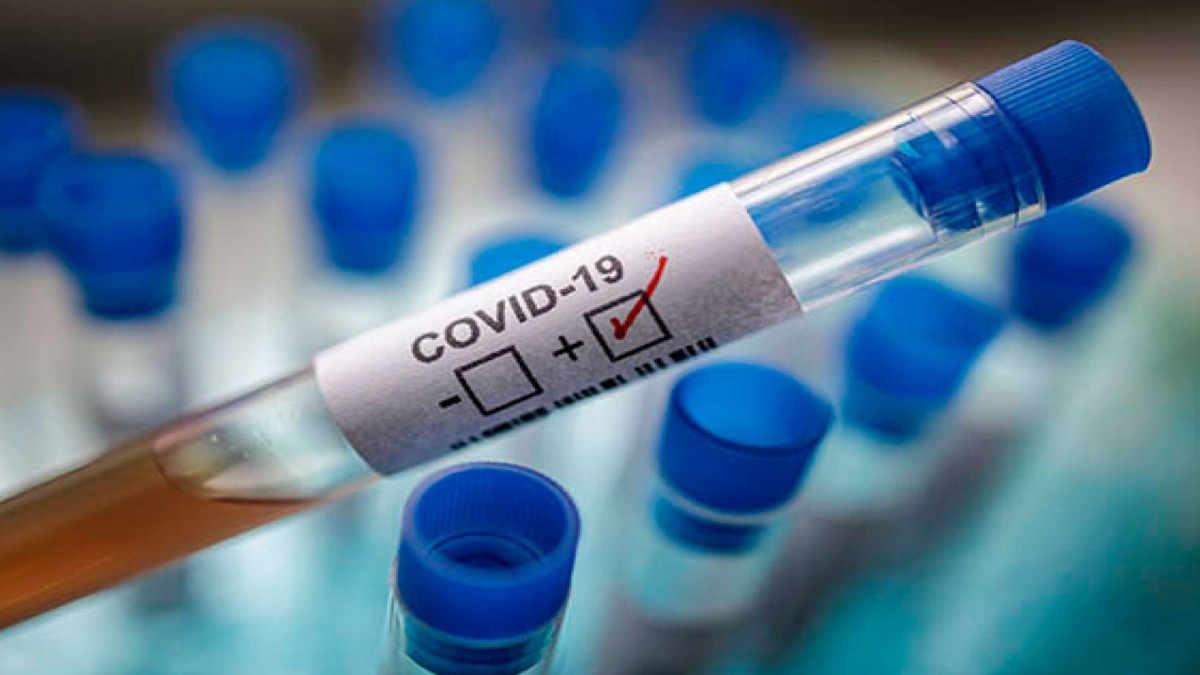


A new study has found that people who received two doses of the Pfizer COVID-19 vaccine while on TNF inhibitors (a class of immunosuppressants), generated less powerful and shorter-lived antibodies against the virus that causes COVID-19 than healthy people and those on other kinds of immunosuppressants.
The scientists found this was especially apparent regarding the virus’s delta variant. The findings of the study were published in the journal ‘Med’.
The good news is that a third vaccine dose drove antibody levels back up, but the researchers don’t yet know how long the levels will stay high. The findings suggest that people taking TNF inhibitors face a particularly high risk of breakthrough infections and would benefit most from a third dose.
TNF inhibitors are used to treat autoimmune conditions such as rheumatoid arthritis, psoriasis and inflammatory bowel disease. The class includes medications such as etanercept (Enbrel), infliximab (Remicade), adalimumab (Humira), certolizumab pegol (Cimzia), and golimumab (Simponi).
“Not all antibodies are equally good at fighting viruses,” said senior author Michael S. Diamond, MD, PhD, the Herbert S. Gasser Professor of Medicine and a professor of molecular microbiology and of pathology and immunology.
The study included 77 people taking immunosuppressants for conditions such as Crohn’s disease, asthma, and multiple sclerosis. Each participant was taking one medication from any of 13 classes of immunosuppressant drugs, including TNF inhibitors, anti-metabolites, antimalarials and anti-integrin inhibitors. For comparison, 25 healthy people also were included.
The researchers measured the participants’ antibody responses against the original SARS-CoV-2 strain as well as the alpha, beta and delta variants at three months and then five or six months after the second vaccine dose.
People taking immunosuppressants had about the same level of total antibodies three months after their second dose as healthy people, but their antibodies were lower in quality. The 12 people in the study on TNF inhibitors had a particularly deficient antibody response. Compared to healthy people, immunosuppressed people had lower levels of neutralizing antibodies, the most potent kind, capable of blocking viruses from infecting cells without any help from the rest of the immune system.
Non-neutralising antibodies also can protect the body by activating a variety of immune cells to help destroy viruses, an ability collectively known as effector functions. People receiving TNF inhibitors also produced antibodies with weaker effector functions. The effect of immunosuppression was even more pronounced against the variants than the original strain of SARS-CoV-2.